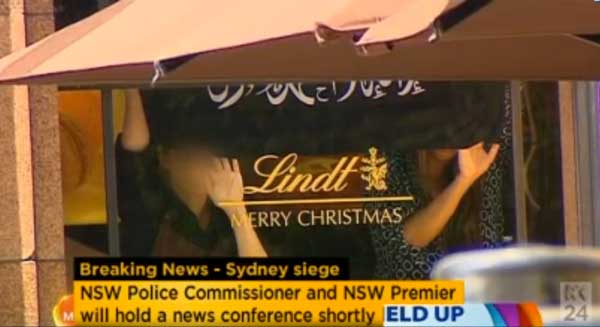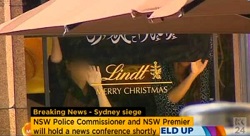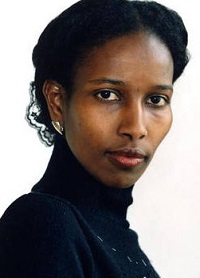By my count we are now going to have four inquiries into the Lindt Cafe siege – a coroner’s inquiry, internal incident reviews by the NSW and Commonwealth police and a federal-state review undertaken by the Prime Minister’s department and the NSW Premier’s Department.
The latter will include an an investigation of how gunman Man Haron Monis slipped through state and federal security and legal nets, at his arrival in Australia, the decision to grant him of asylum, permanent residency and citizenship, as well as the social security support he received. I can’t see what social security support has to do with anything. I’m more interested in how he came by a pump-action shotgun.
Greg Barns believes bail laws are already an infringement on our liberty. The possession of personal freedom and the presumption of innocence are important principles in our society. New laws in NSW appear to contain a presumption against bail.
It is inappropriate for us to be second guessing what the magistrates had before them and we tend to be wise after the event about the risk that Monis constituted.
New Matilda details what we know officially. Listening to media reports there is a fair bit we know beyond that, but I’m happy to wait for the official reports.
I’ve yet to get a clear idea of what the gunman’s motivation was. What demands was he making to police, or was he just creating an incident and waiting to be shot one way or another? It’s possibly significant that the cafe was opposite Channel 7. There is a suggestion this morning that he wanted to talk to the Prime Minister. What were we supposed to make of the banner held up to the window?

Rachel Kohn discusses the inadequacy of the lone wolf theory. Monis was bad as well as mad and had a record that should have given concern. It does seem as though Monis may have written off as a harmless fruitcake when he was dropped from the watch list. It has been pointed out that resources to monitor individuals are always limited, so judgements need to be made.
Randa Abdel-Fattah asks whether we take crimes against women seriously enough. I gather here she is referring to the fact that he got bail for being an accessory to his wife’s murder and, separately, 40 sexual assault cases. Others have pointed out the weakness of the prosecution case for accessory to murder, also that both charges can vary from the relatively trivial to the extremely grave, depending on the specifics. We are in no position to know.
Also from Abdel-Fattah:
There is another issue though, too. And that is whether Australian Muslims will be entitled to grieve the deaths of the two hostages and the trauma suffered by the survivors in a way that does not make their empathy and grief contingent on condemning, apologizing and distancing themselves from the gunman.
David Connery reviews security aspects of the case:
While it’s still early to be analysing a situation that’s just concluded with two of our compatriots dead, the Martin Place siege this week shows that Australia’s high-level arrangements for responding to a terrorist attack are largely effective.
Still, we can expect to see a few near-term changes to our counter-terrorism arrangements in areas like public alerts and compensation for victims.
If the attack had occurred overseas, and was declared a terrorist attack, the Commonwealth government would offer compensation payments to victims and their relatives.
There is a need to resolve the long-running negotiations between the Commonwealth and the states over the allocation of dedicated broadband spectrum for emergency services.
The incident highlights how vulnerable we are to a lone actor.
Elsewhere Rachel Jacobs tells how #illridewithyou began.
Yes, I know that #illridewithyou is not enough in itself but I think it indicates how far we’ve come from the general islamophobia that was rife after the Twin Towers event in 2001.




